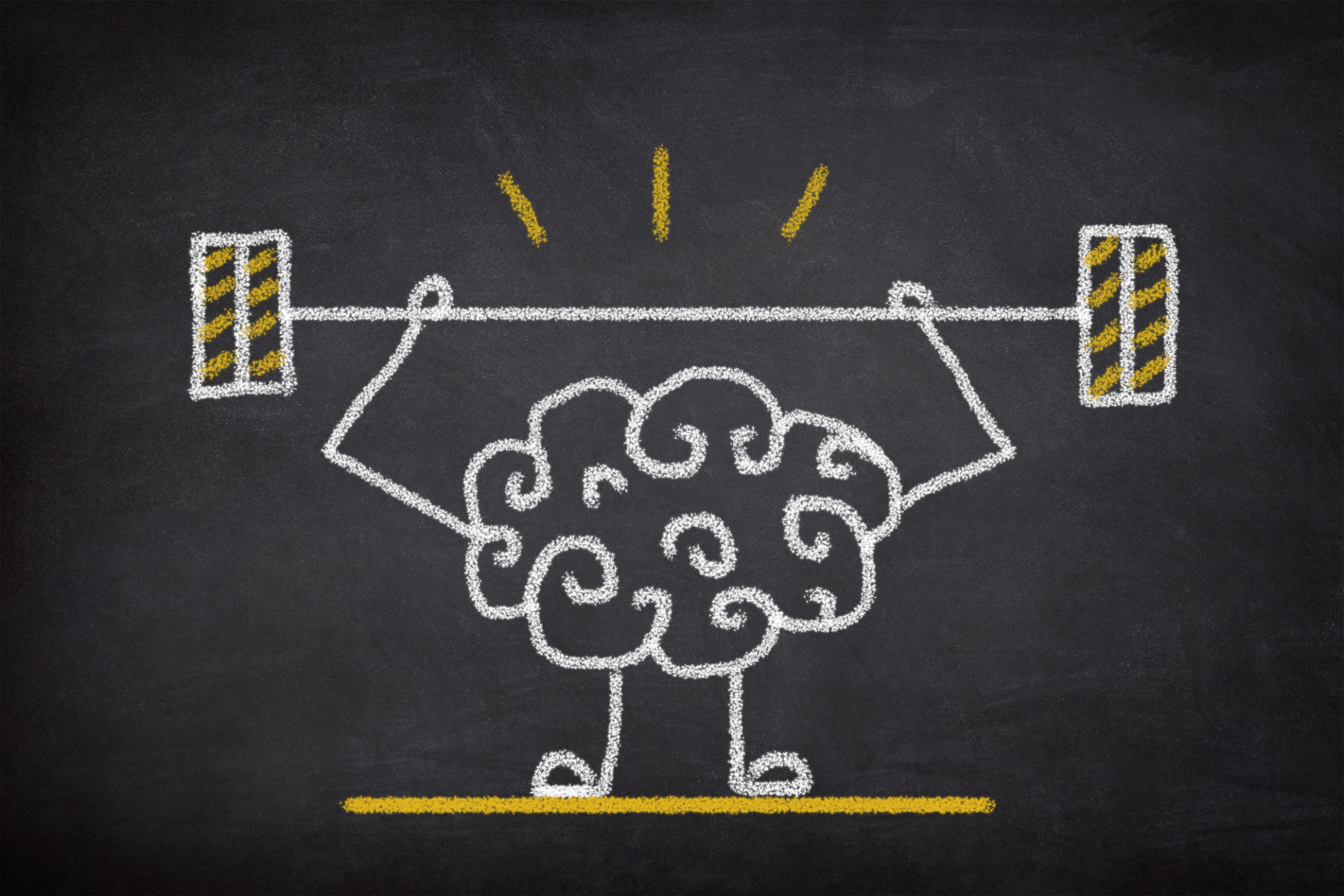Unlocking Muscle Memory: The Role of Nutrition and Rest
Understanding Muscle Memory
Muscle memory is a fascinating phenomenon that allows us to perform tasks without consciously thinking about the intricate movements involved. Whether it's playing a musical instrument or performing a complex dance routine, muscle memory is the key that enables fluid and seemingly effortless performance. But how exactly does muscle memory work, and what role do nutrition and rest play in unlocking its full potential?

The Science Behind Muscle Memory
At its core, muscle memory is the result of repeated practice and neural adaptation. When we practice a particular movement, our brain and muscles work together to create a neural pathway. Over time, this pathway becomes more efficient, allowing us to perform the movement with greater ease. This process is supported by the brain's ability to rewire itself, a phenomenon known as neuroplasticity.
As these pathways develop, the movements become more ingrained in our memory, reducing the mental effort needed to perform them. This is why athletes and performers can execute complex actions swiftly and precisely, seemingly without conscious thought.

The Role of Nutrition in Muscle Memory
Nutrition plays a crucial role in optimizing muscle memory. The foods we consume provide the energy and nutrients necessary for brain health and neural function. A balanced diet rich in proteins, healthy fats, vitamins, and minerals supports cognitive function and enhances neuroplasticity.
- Proteins: Essential for muscle repair and growth, proteins also support neurotransmitter production.
- Omega-3 fatty acids: Found in fish and nuts, these fats are vital for brain health and cognitive performance.
- Antioxidants: Found in fruits and vegetables, they protect the brain from oxidative stress.
Hydration and Its Impact
Hydration is often overlooked but is essential for optimal muscle function and memory retention. Dehydration can lead to fatigue and impaired cognitive function, hindering your ability to perform tasks efficiently. Ensuring adequate water intake supports both physical performance and mental clarity, making it easier to harness muscle memory effectively.

The Importance of Rest and Recovery
Rest is another critical component in unlocking muscle memory. After intense training or practice sessions, rest allows the body to repair tissues and solidify neural connections. Sleep, in particular, plays a vital role in memory consolidation. During deep sleep stages, the brain processes and stores information, reinforcing the pathways created during practice.
Establishing a consistent sleep schedule and creating a relaxing bedtime routine can significantly enhance your ability to retain learned skills. Aim for 7-9 hours of quality sleep per night to maximize the benefits of rest on muscle memory.

Balancing Practice with Rest
While practice is crucial for developing muscle memory, striking a balance between effort and rest is essential. Overtraining can lead to burnout and diminished returns. Incorporating rest days into your routine not only prevents fatigue but also allows your brain to process and integrate new skills more effectively.
By thoughtfully combining practice with adequate rest and nutrition, you create an environment where muscle memory can thrive. Embrace these elements to unlock your full potential and achieve mastery in your chosen activities.